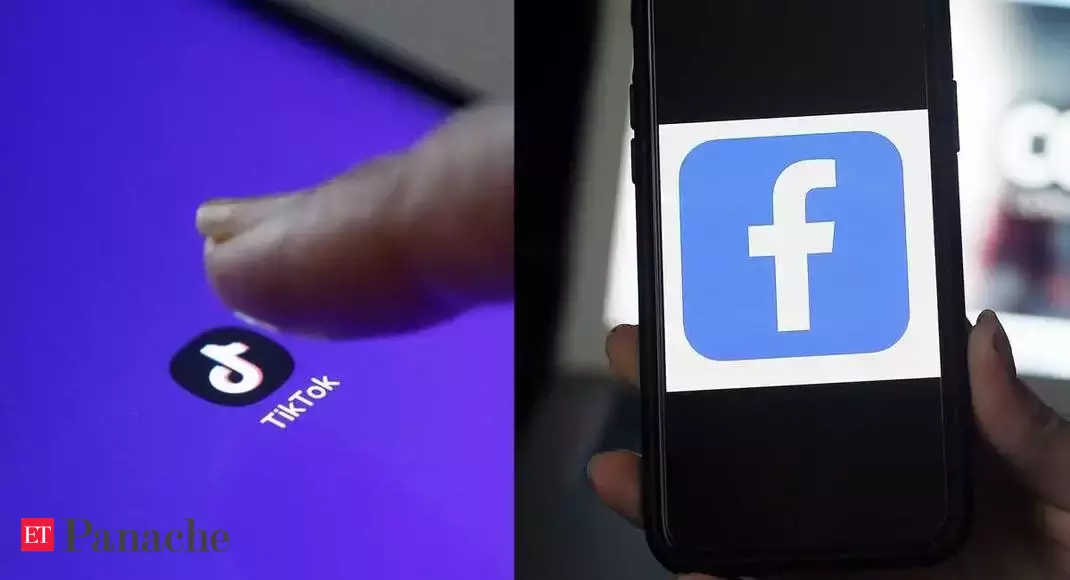facebook: Government wants TikTok & Facebook to save details of people who upload rogue Covid-19 content for probe
"MeitY has said that a large number of fake/false and misinformation based audio and video clips are being circulated on social media platforms especially TikTok, Helo and Facebook. It said that such false and misinformation based messages have the potential for creating panic and other online harms," according to a source aware of the development.
The ministry in separate communications asked social media companies to remove the content as it weakens the government effort to fight against coronavirus and the Supreme Court has also taken serious note of such content while hearing a matter on the subject on March 31, 2020.
"The ministry has said that the rogue messages effectively weaken the all-out effort being made by the India government for containing the spread of coronavirus," the source said.
The communication from MeitY follows after a report submitted by open-source intelligence and fact-checking IT firm Voyager Infosec stated that several videos are being posted on social media platforms like TikTok, YouTube and Twitter to influence Muslims in India against following safe practices to contain coronavirus infection.
The firm found that videos have been shot at both foreign locations and in India and are being primarily posted on Chinese mobile video app TikTok with fake information about coronavirus and religious instigations against health advisories.
AFP
These videos are further shared on other platforms like Whatsapp, Twitter and Facebook," the report said.
The report submitted to India Cyber Crime Coordination Centre claims to have analysed over 30,000 videos within a period of five days. It further said that most of these videos have been created with professional video editing software, and originally uploaded accounts are being deleted after circulating them on other social media platforms.
"MeitY has asked social media platforms to work closely with each other so that messages, including audio and video messages, are identified and removed as soon as possible. It has asked social media companies to submit daily reports on measures taken by them," the source said.
The ministry has asked social media companies to ensure that the rogue messages do not go viral and at the same time also save information of all those people who create or upload such messages. The details of content uploaders can be shared with the law enforcement agencies as and when required, it added.
When contacted, TikTok spokesperson said, "We are actively working with the government to support them in their efforts to fight misinformation and proactively also working to elevate credible information related to covid-19 on our platform."
Email query sent to Facebook elicited no immediate reply.
Earlier, industry body IAMAI, whose members include Google, Facebook, TikTok etc, said any request to remove content needs to come via proper legal notice.
if(geolocation && geolocation != 5 && (typeof skip == 'undefined' || typeof skip.fbevents == 'undefined')) {
!function(f,b,e,v,n,t,s)
{if(f.fbq)return;n=f.fbq=function(){n.callMethod?
n.callMethod.apply(n,arguments):n.queue.push(arguments)};
if(!f._fbq)f._fbq=n;n.push=n;n.loaded=!0;n.version='2.0';
n.queue=[];t=b.createElement(e);t.async=!0;
t.src=v;s=b.getElementsByTagName(e)[0];
s.parentNode.insertBefore(t,s)}(window, document,'script',
'https://connect.facebook.net/en_US/fbevents.js');
fbq('init', '338698809636220');
fbq('track', 'PageView');
}








Gloss